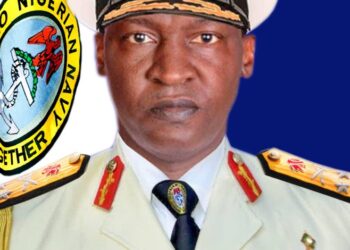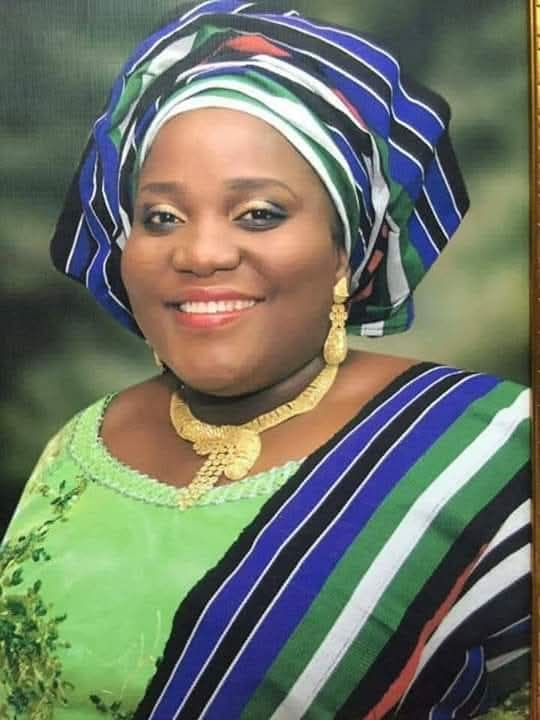Former Vice President Atiku Abubakar strongly criticized the police summons issued to former Kaduna State governor Mallam Nasir El-Rufai and leaders of the African Democratic Congress (ADC). He described this action as part of a growing trend of political intimidation under the Tinubu administration.
Kaduna Police Summons ADC Officials
The Kaduna State Police Command summoned El-Rufai and seven ADC officials for questioning. uthorities accuse them of engaging in criminal conspiracy, inciting public disturbance, committing mischief, and causing grievous harm.
A letter dated September 4, 2025, signed by Deputy Commissioner of Police Uzainu Abdullahi, instructed the ADC state chairman to bring the accused to the State Criminal Investigation Department on September 8.
The individuals named include Bashir Sa’idu, Jafaru Sani, Ubaidullah Mohammed (“30”), Nasiru Maikano, Aminu Abita, and Ahmed Rufa’i Hussaini (“Mikiya”).
Atiku Warns Against Authoritarian Trends
Reacting on social media, Atiku noted that the Kaduna incident, together with recent events in Katsina and other states, signals a troubling slide toward authoritarianism.
He added that the summons of El-Rufai and ADC leaders, the attack on former Attorney General Abubakar Malami, and the disruption of the Katsina Elders Forum meeting are not isolated events. Furthermore, these incidents reflect a coordinated attack on dissenting voices, civic freedoms, and pluralistic democracy.
Criminalizing Opposition Threatens Democracy
Atiku emphasized that targeting opposition leaders and using security agencies against political rivals undermines Nigeria’s democratic foundations. He warned that such practices could push the country toward authoritarian rule if citizens fail to act.
He called on Nigerians across all political parties to defend democracy. Moreover, he stressed that protecting civic freedoms is the responsibility of all citizens, not only opposition figures.
“Power is transient,” Atiku said. “However, history will judge harshly those who wield it against the people instead of serving them. Therefore, Nigeria belongs to everyone, not just the ruling party or a single individual.”
Source: Politics Nigeria












